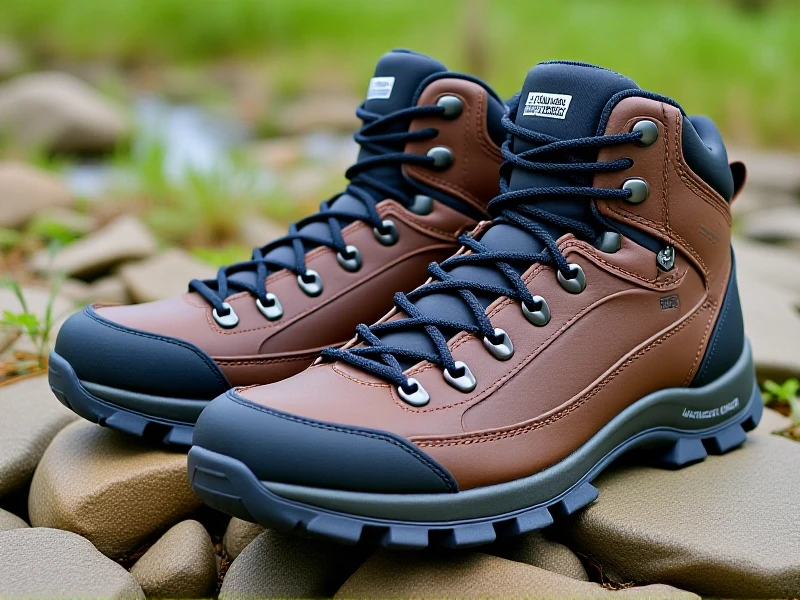
10 Secrets to Choosing Footwear That Lasts for Years
Finding truly durable shoes that withstand daily life can feel like a constant struggle. Invest in quality footwear that lasts, saving you money and frustration in the long run. Unlock the secrets to making smart choices:
- Know Your Purpose: What function do these shoes primarily serve? Running? Hiking? Casual walking? The demands placed on athletic shoes differ greatly from elegant dress heels or sturdy work boots. Ensure the design matches the intended activity.
- Prioritize Materials: Look beyond aesthetics. High-quality leather (full-grain or top-grain), durable suede treated for weather resistance, strong canvas, or modern technical synthetics offer longevity. Inspect stitching – double-stitching or welted constructions are tried-and-tested signs of durability.
- Sole Survivor: The sole takes the brunt. Opt for thick rubber soles (like Vibram) known for tread longevity and grip. For dress shoes, leather soles offer elegance but require care and are less suited for harsh weather. Consider replaceable soles as a long-term investment.
- Comfort is Non-Negotiable: Durable shoes are pointless if unwearable. Ensure an immediate good fit – no "breaking in" misery. Check arch support, heel stabilization, and ample toe room. Your feet shouldn't feel cramped or slide.
- Insoles & Inserts Matter: Often overlooked! Quality insoles provide cushioning and support, enhancing shoe lifespan by absorbing impact forces. Replace worn ones periodically. Consider custom orthotics if needed.
- Construction Quality: Examine how the shoe is built. Goodyear welted construction is renowned for durability and allows for re-soling. Cemented (glued) soles can be less expensive but harder or impossible to repair effectively when worn down. Blake stitching offers a sleeker profile but is less robust than a Goodyear welt. Look for overall finish and neatness in assembly.
- Proper Sizing & Width: Don't force your foot. Shoes too snug cause stress on seams and materials; shoes too loose lead to friction and uneven wear. Get measured regularly, especially later in the day when feet expand.
- Brand Reputation: Research brands known for craftsmanship and longevity, especially if price is a factor. While not all expensive shoes are great, reputable brands often have warranties or guarantees reflecting their confidence. Understand the value proposition.
- Rotation is Key: Avoid wearing the same pair daily. Allowing shoes to rest for 24-48 hours lets them air out, reducing moisture buildup and preventing material breakdown and odor. This extends the life considerably.
- Invest in Care: Durable footwear demands care. Clean regularly based on material, condition leathers and suedes, use protective sprays, and store properly with cedar shoe trees to maintain shape and absorb moisture.
Choosing long-lasting footwear combines smart material selection, understanding construction, prioritizing fit, and committing to maintenance. Embrace these secrets, invest wisely, and step confidently into comfort and style that significantly endures. Your feet – and your wallet – will thank you.
2025-09-15